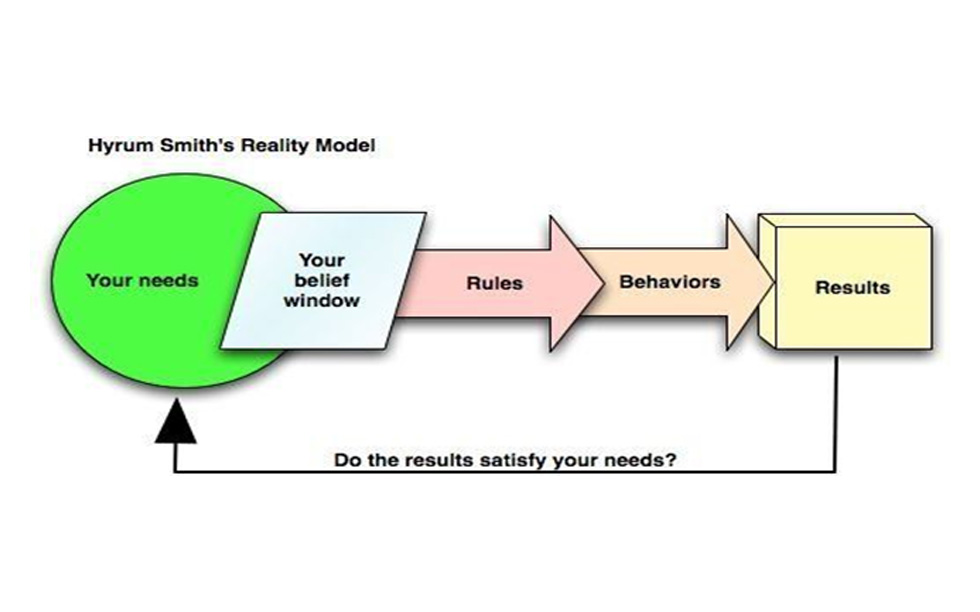
Seeking Permanent Behavioral Change
Anyone seeking to overcome an addiction of any kind has probably experienced brief periods of positive change, followed by setbacks or what are often called “relapses.” The challenge in addiction recovery is the identification and development of new behaviors that meet the needs once filled by alcohol or other drug use. It is important to acknowledge that at least at one time substance use met certain important needs – the need to feel loved and accepted, the need to feel important, the need to experience excitement and variety, to name a few. Addictive behavior is the result of deep and unmet needs. If the results of new sober behaviors do not meet those needs, it may be that there is an incorrect principle in your belief window.
Identifying Beliefs That Are No Longer Valid
For example, if your belief is that you can only feel important or equal to others when under the influence of a particular drug, then you will naturally seek out that drug to help you meet that basic need. The problem is that, initially, this works. What addicts lose sight of is that as the addiction progresses, it may not be working as well. This is part of the denial system that is called “euphoric recall” – holding on to a belief that is no longer true or recalling only the good times from the early stages of drug use. Growth in recovery is the process of identifying beliefs or principles that are no longer valid and replacing them with new beliefs. What makes this difficult is that the resulting satisfaction from your needs being met in healthier ways takes time to measure and addicts tend to want instant gratification.
How to Make Permanent Behavioral Change
If you find that your addictive behaviors are no longer meeting your needs or are causing a whole new set of problems (emotional, financial, legal, vocational, relational, spiritual), then it is time to make some behavioral changes and receive support and encouragement during this difficult process. We act our way into right thinking, but it is best accomplished in an atmosphere of support and accountability with the help of professional counseling.
